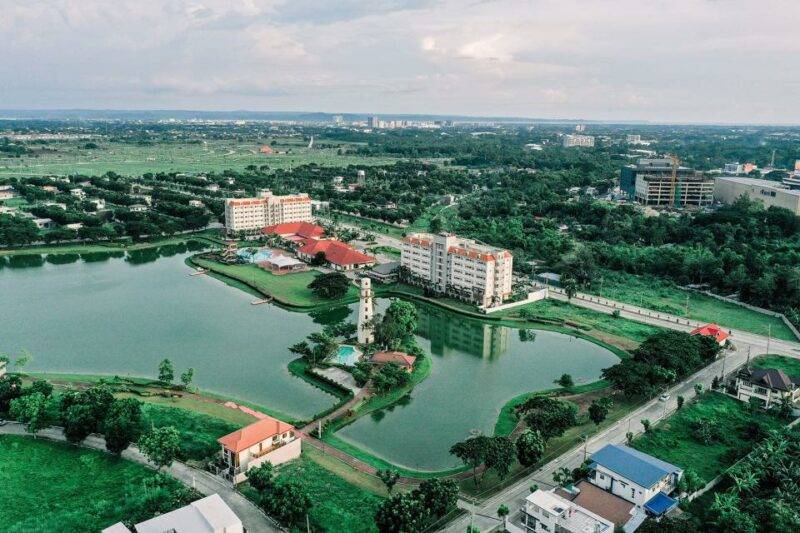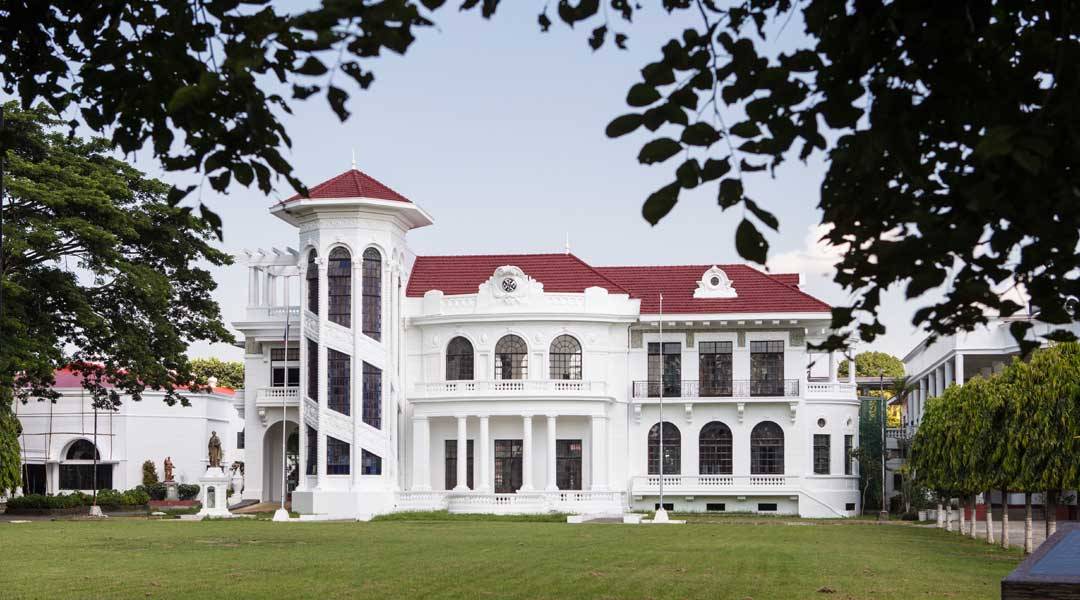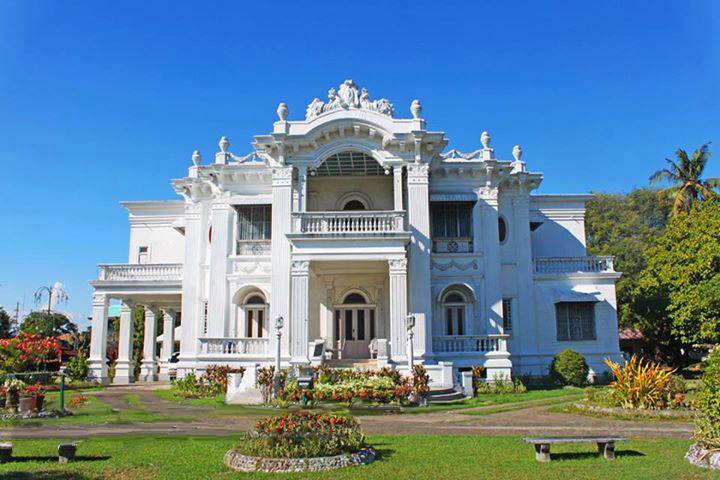Old World meets new in captivating Iloilo City

Melding modernity with heritage has been the goal for many cities all over the world. The challenge of fully embracing the contemporary way of life while honoring one’s past and cultural identity is no easy feat.
Iloilo City has been a success story in this regard. Dubbed the “Heart of the Philippines” due to its geographical location, this Visayan capital is rich in heritage structures, gastronomical delights, and modern designs.
Conducive business climate
Regarded as the economic center of Western Visayas, Iloilo City was awarded in 2020 a special citation for being the “Most Business-Friendly, Highly-Urbanized City outside of Metro Manila” by the Philippine Chamber of Commerce and Industry (PCCI). In 2023, it ranked fourth in the top 10 list of competitive highly urbanized cities in the Cities and Municipalities Competitiveness Index of the Department of Trade and Industry. In the same year, the city was also named one of the next best investment destinations by business process outsourcing (BPO) firms.

Gastronomic haven
Besides its favorable business environment, Iloilo City’s rich culture and heritage, particularly its gastronomy and impressive architecture, serve as major draws for tourists and visitors alike.
The city is renowned for signature dishes such as La Paz Batchoy, Pancit Molo, local favorites like K.B.L. (Kadyos, Baboy, at Langka), and the charcoal-roasted native chicken Darag. These local dishes and many others hint at foreign influences such as the Spanish and the Chinese, attesting to a rich history dating as far back as pre-Hispanic times.
In October 2023, Iloilo City, along with 54 other cities around the world, was listed in the United Nations Educational, Scientific and Cultural Organization’s (Unesco) Creative Cities Network (UCCN). The city was heralded as a gastronomic haven—a designation that paid tribute to Iloilo’s rich culinary heritage.
The past and present in architecture
The city successfully combines the new with the old, with modern edifices sharing space with old Spanish plazas, family mansions and government buildings featuring well-preserved facades. It manages to retain its country flair despite its rise to progress.

In fact, Iloilo is called the “City of Mansions” as it is home to numerous grand residences built during the Spanish and American colonial periods.
Centuries-old churches, too, draw tourists on a regular basis. The Jaro Cathedral, the first Baptist church in the Philippines, and the Iglesia de Molo Church are both revered by Catholics. Joining them are the Molo Church, built in 1831, and the Jaro Metropolitan Cathedral, declared a national landmark in 1976. These houses of worship make Iloilo a fantastic place to explore for architecture enthusiasts and pilgrims alike.
The city also boasts of other architectural structures, such as the Angelicum School in Jaro, more popularly known as the Lizares Mansion. It displays Spanish and American influences in its prominent glass windows, original mosaic cladding, and ornate balustrades. Originally built in 1937, it was designed by Andres Luna de San Pedro, son of the legendary painter Juan Luna.
Nelly’s Garden in Jaro, Iloilo City is an estate occupying four hectares of land, most of which are dedicated to vast greenery. It boasts of Beaux-Arts elements such as curved wooden staircases and ornate ceilings. Its impressive architectural design and structure earned the garden a declaration as a National Heritage House in 2004. Today, it is owned by the Lopezes and is open to public tours and events.
Sources: Inquirer Archives

















